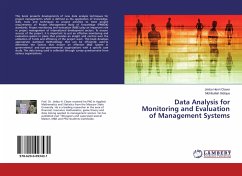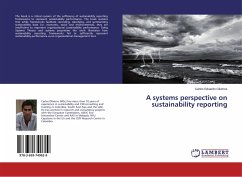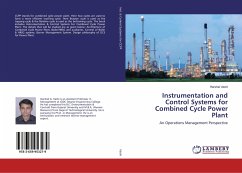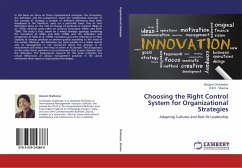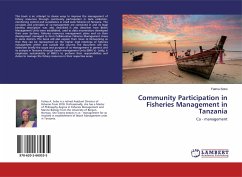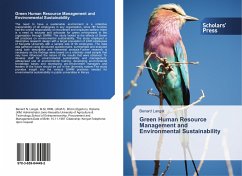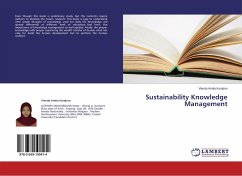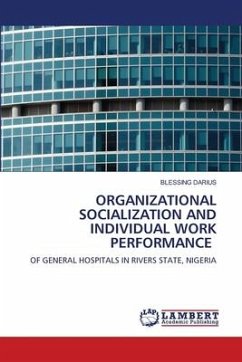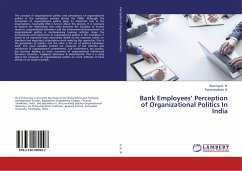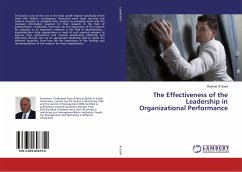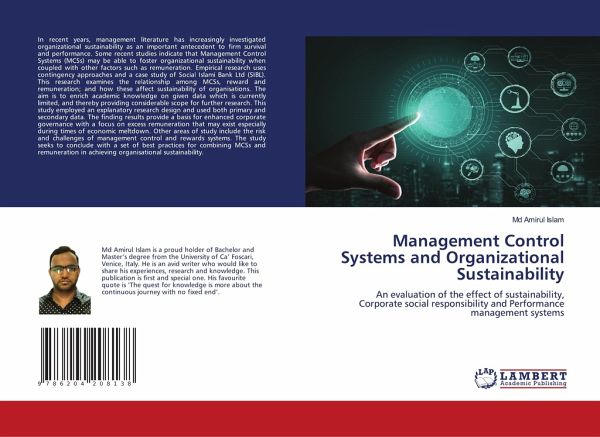
Management Control Systems and Organizational Sustainability
An evaluation of the effect of sustainability, Corporate social responsibility and Performance management systems
Versandkostenfrei!
Versandfertig in 6-10 Tagen
29,99 €
inkl. MwSt.

PAYBACK Punkte
15 °P sammeln!
In recent years, management literature has increasingly investigated organizational sustainability as an important antecedent to firm survival and performance. Some recent studies indicate that Management Control Systems (MCSs) may be able to foster organizational sustainability when coupled with other factors such as remuneration. Empirical research uses contingency approaches and a case study of Social Islami Bank Ltd (SIBL). This research examines the relationship among MCSs, reward and remuneration; and how these affect sustainability of organisations. The aim is to enrich academic knowled...
In recent years, management literature has increasingly investigated organizational sustainability as an important antecedent to firm survival and performance. Some recent studies indicate that Management Control Systems (MCSs) may be able to foster organizational sustainability when coupled with other factors such as remuneration. Empirical research uses contingency approaches and a case study of Social Islami Bank Ltd (SIBL). This research examines the relationship among MCSs, reward and remuneration; and how these affect sustainability of organisations. The aim is to enrich academic knowledge on given data which is currently limited, and thereby providing considerable scope for further research. This study employed an explanatory research design and used both primary and secondary data. The finding results provide a basis for enhanced corporate governance with a focus on excess remuneration that may exist especially during times of economic meltdown. Other areas of study include the risk and challenges of management control and rewards systems. The study seeks to conclude with a set of best practices for combining MCSs and remuneration in achieving organisational sustainability.



